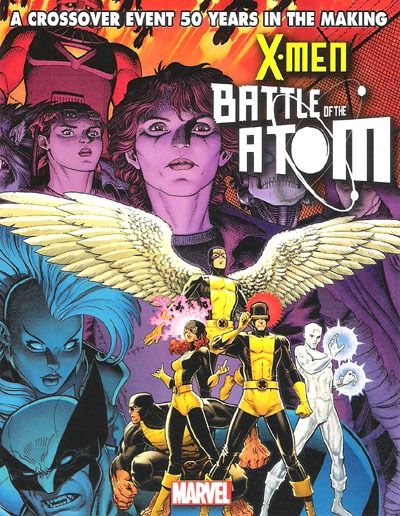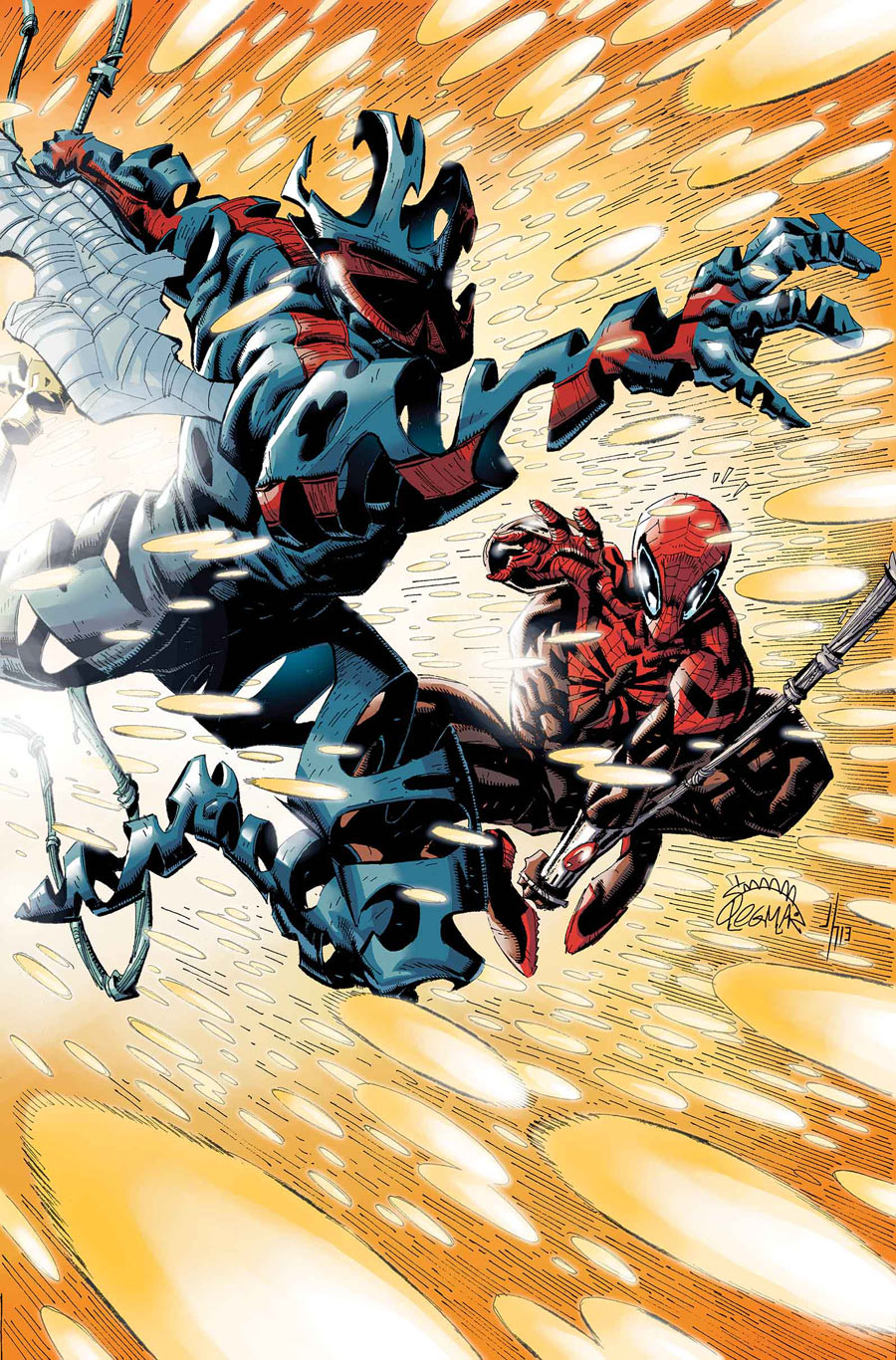Once again, Marvel Studios delivers another entertaining addition to their cinematic universe with Thor's second solo outing. Still, the film has its highs and lows. We'll start with the positive.
It's probably needless to say, but Tom Hiddleston definitely stole the show as Loki. Not only does he bring his trademark wit with him again, but Loki brings a lot of twists and turns that you can't be sure what you saw actually really happened. For example, there's one scene where Loki apparently cuts off Thor's hand. I totally did not see that coming, nor did I see that it was all a ploy. It was tricks like that that made me wary to believe that Kurse actually killed him. But at least I got to make my "Well now he knows how Coulson felt" joke. Of course I was right to be wary by the end though, but it did leave me questioning...what happened to Odin?
Speaking of Odin though, the relationship between him and Thor is just as enjoyable this time around as it was the first, even though it was the roles were reversed in a way. Before, it was the wise Odin and the tempered Thor over the Frost Giants; now it was the grief-stricken revenge-seeking Odin and the calculating Thor over the Dark Elves. It definitely shows great character development for the God of thunder.
It was also nice to see more of Frigga in this film compared to the first, particularly the aspect where we realize where Loki learned his tricks from. I guess whereas Thor learned his head-on fighting approach from his father, Loki learned his deceptive side from his mother; too bad she wasn't able to keep him from trying to kill all of humanity. Despite that, her death did show that Loki has some hint of compassion.
One of the biggest aspect of the film comes from its comedy. Along with Loki (particularly his brief disguise as Captain America), a lot of it comes from Darcy and Erik Selvig, both reprised by Kat Dennings and Stellan Skarsgard, respectively. While Darcy is as snarky as the first film, one may be surprised to hear that Selvig is bring some humor to the film since he's such a serious scientist. Well, it appears that Loki's mind control did a number on his head, even landing him in an insane asylum that also houses a familiar comic book creator. It kind of made me wonder if Hawkeye had any similar problems, though I think Selvig's interaction with the Tesseract also played a part in his breakdown. Nonetheless, Selvig brought the most hilarious moments of the film.
As for the lows, while I was watching the film, I couldn't help but feel like some aspects were lifted from other movies:
- Malekith's ship was primarily dark with red lights and symbols. Felt alot like a Predator ship to me.
- The Dark Elves' attack on Asgard was very reminiscent of something that would probably be seen in the Star Wars prequel films. The fact that Skywalker Sound was used probably had something to do with that. Guess Disney is making good use of the Star Wars license.
- The shield Heimdall attempted to put up was similar to the one put over Hogwarts in the final Harry Potter film, even when it dissipated. Along with that, the lights released from the patrons at Frigga's funeral was like when everyone lit up their wands when Dumbledore died.
- Not a real serious gripe here, but the Dark Elves look like they could pass for Power Rangers villain henchmen. I've thought that ever since the first pics came out and I still think that. I can't be the only one who thought that.
Now of course, what's a Marvel film without a mid/post-credits scene to help build up what comes next? Like Avengers, there's a serious scene and a funny scene, and that serious scene plays out similarly to Iron Man 2's post-credits scene that set up the first Thor film. But the serious scene in Thor: The Dark World helps set up not only one but two films, one that's out next year, and the other that's still being built up to. Let's just say that the latter will definitely be worth the wait.
While I still feel the need to see the film again to firmly rank Thor: The Dark World among the rest of the MCU films, here is where I would currently place it:
The Avengers
Iron Man 3
Thor
Captain America: The First Avenger
Iron Man
Incredible Hulk
Iron Man 2
Thor: The Dark World
Just because I place it last though doesn't mean I thought it was bad. I've enjoyed all the MCU films, which is more than I can say for the X-Men film series. Again, it's not a for-sure placement; it's just based on initial feelings. Based on the ending throne room scene, I definitely wouldn't mind another Thor film. Hell, that scene definitely warrants one.
To close out though, Thor: The Dark World brings a lot of what fans have come to love from Marvel Studios in its characters and humor, though it doesn't mean you can't feel a little less than satisfied compared to other outings.
RATING: 6.5/10






